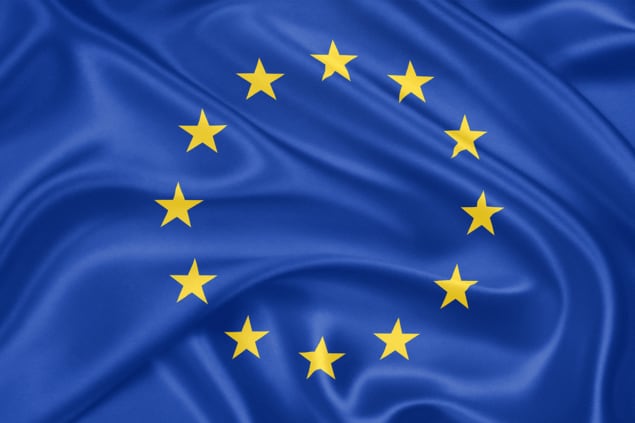
Rapid progress is needed in negotiations regarding the UK’s participation in the EU’s major scientific framework programme if collaborations are to continue smoothly into 2021. That is according to a statement signed by more than 100 organizations and individuals representing the European scientific community. Together, they urge the EU and the UK to compromise on the UK’s participation in Horizon Europe – the successor to the €80bn Horizon 2020 programme.
The signatories say that while it is encouraging that both the EU and the UK have committed in principle to UK participation in the research programme, major sticking points remain. They add that with good faith, agreement on the terms of participation should be possible, but warn that time is running out. Anton Zensus, director at the Max Planck Institute for Radio Astronomy in Bonn, Germany, who signed the statement, told Physics World that there is real concern that the UK will lose its place in Horizon Europe. “There are only a few months left, and little progress toward an agreement has been reached so far,” he explains. “This risk is increasing with every day of unsuccessful negotiations.”
Horizon Europe is the Champions League of research and there is no doubt that UK football clubs will continue to play in the Champions League
Anton Zensus
The signatories argue that association via Horizon Europe, which runs from 2021 to 2027, should be “a core part of the future relationship between the EU and the UK for research, underpinning valuable scientific partnerships that have been built up over many years”. In the statement they suggest several solutions to the issues that are still hindering negotiations. One is that the UK needs to demonstrate its commitment by explicitly setting aside additional funding for full association for Horizon Europe in its science budget.
They also argue that the EU needs to introduce a two-way correction mechanism for balancing substantial disparities between contributions and receipts from the programme. Currently, the EU text includes a mechanism to ensure the UK cannot be a net beneficiary of programme funding but does not protect the UK from making contributions that exceed its financial return. The signatories claim that this is likely to create an imbalance that would be too much for the UK to reasonably pay. The UK also needs to accept the need for EU institutions to oversee the correct use of programme funds, while the EU should confirm that the UK can exploit research results as it wishes. Finally, the signatories call for both sides to agree reciprocal arrangements to support the mobility of researchers participating in Horizon Europe funded work.
UK’s access to European funding under threat from ‘third-country’ status
“Horizon Europe is the Champions League of research and there is no doubt that UK football clubs will continue to play in the Champions League,” Zensus told Physics World. “UK researchers have always benefited from the competition with their European counterparts. I would say the scientific benefits have always outweighed the financial ones and I predict this will also be the case in a future collaboration.”




